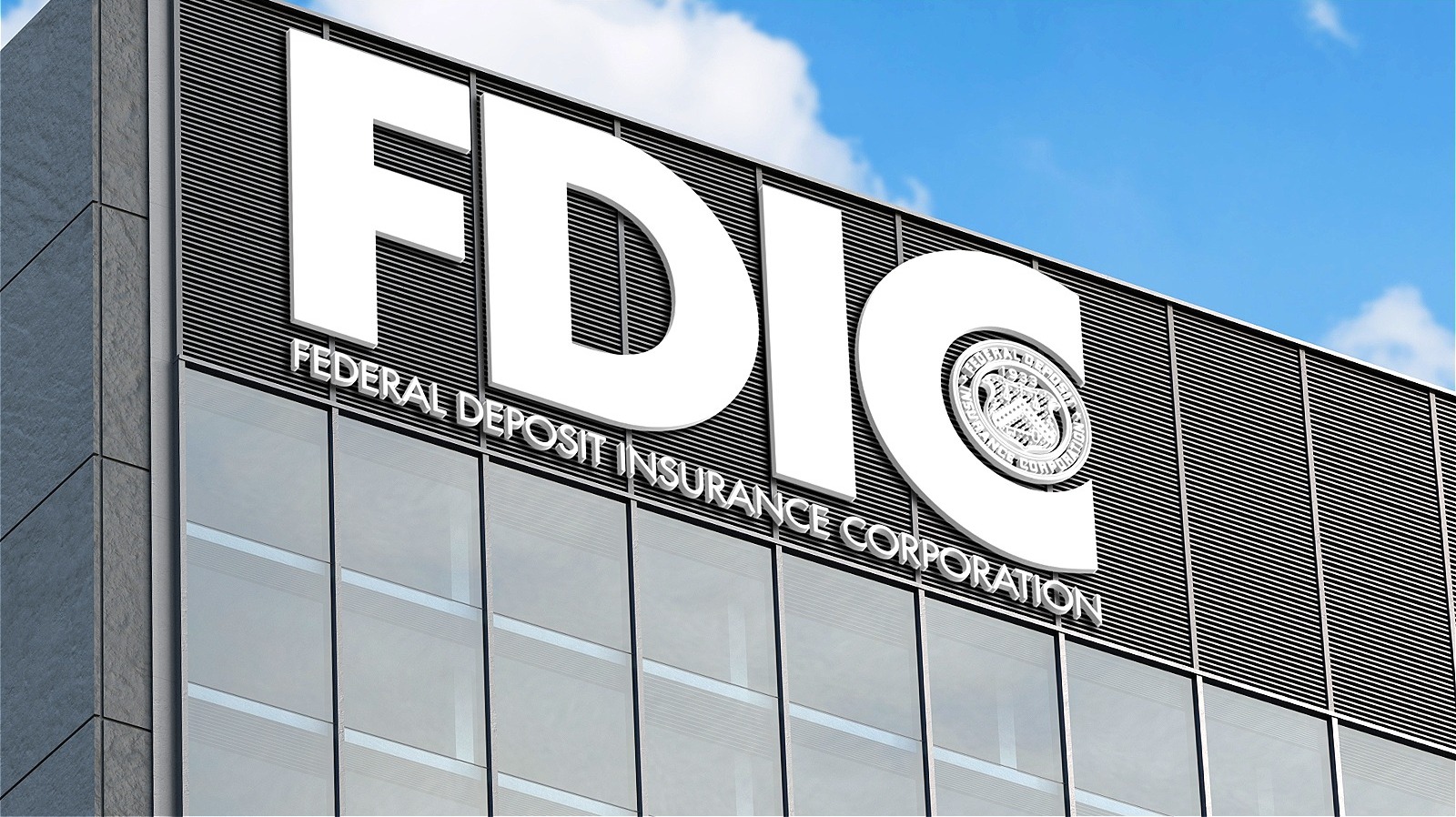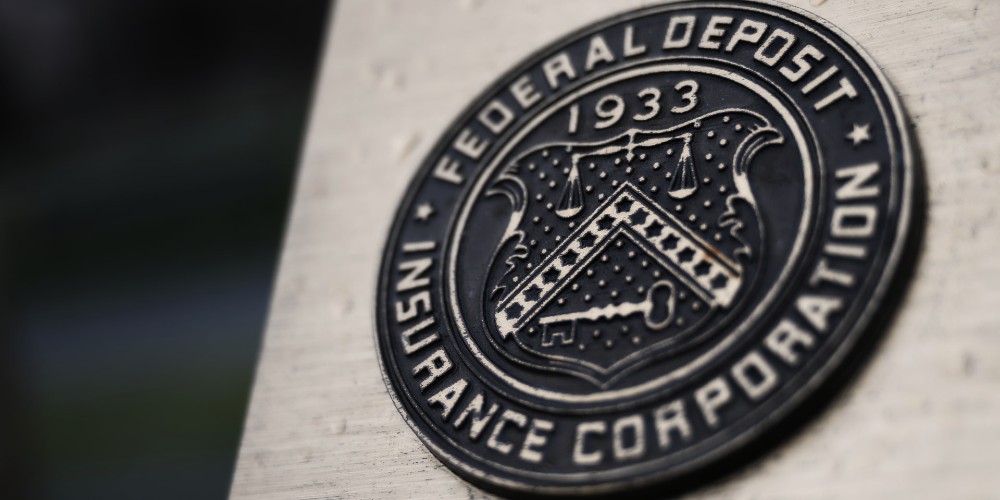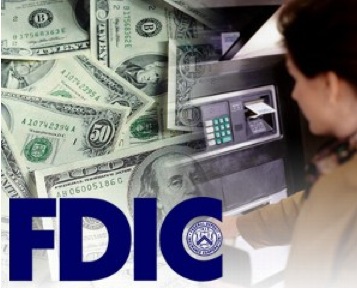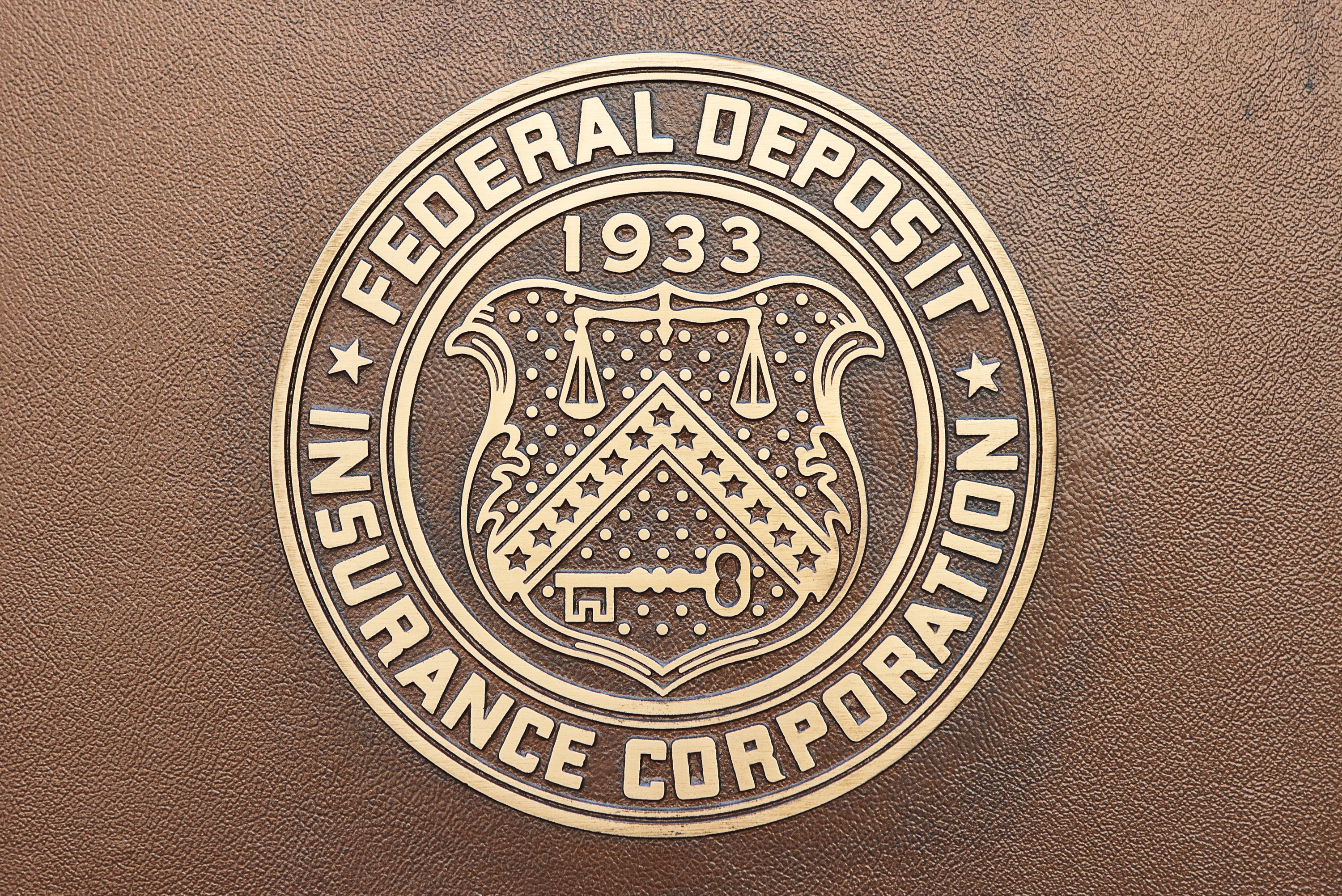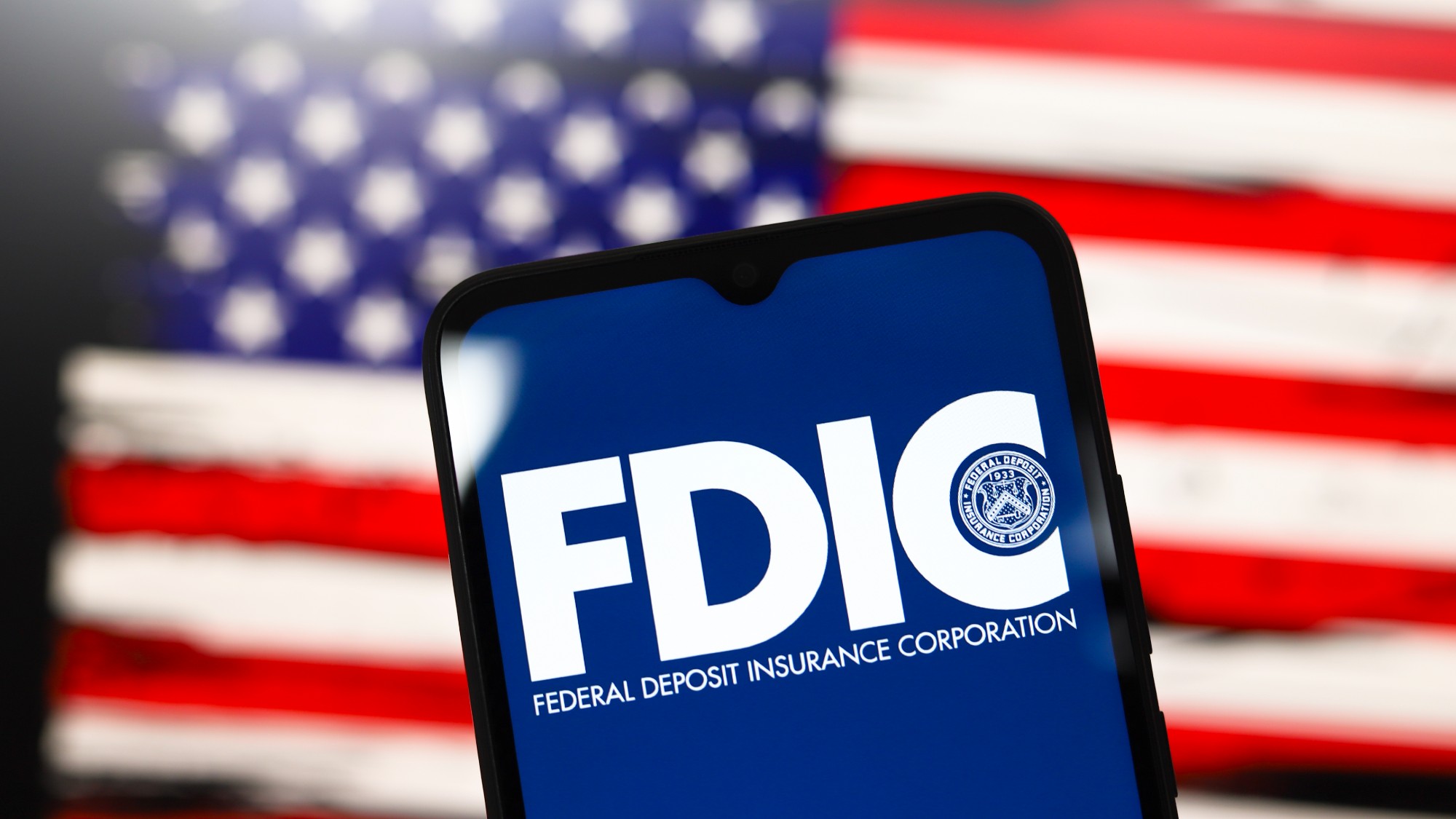As a bank customer, it's natural to have concerns about the safety and security of your deposits. In the United States, the Federal Deposit Insurance Corporation (FDIC) plays a crucial role in protecting depositors' funds and maintaining stability in the banking system. In this article, we'll delve into the world of FDIC, its history, functions, and benefits, as well as provide an overview of how it safeguards your deposits.
What is the FDIC?
The Federal Deposit Insurance Corporation (FDIC) is an independent agency of the US government created in 1933 to maintain stability and public confidence in the nation's financial system. The FDIC's primary mission is to protect depositors' funds in case of bank failures, ensuring that customers have access to their insured deposits even if their bank fails. The FDIC is funded by premiums paid by banks and thrifts (savings associations) and does not use taxpayer money to fund its operations.
How Does the FDIC Work?
The FDIC provides deposit insurance to protect depositors' funds up to $250,000 per depositor, per insured bank. This means that if a bank fails, the FDIC will reimburse depositors for their insured deposits, usually within a few days. The FDIC also supervises and regulates banks to ensure their safety and soundness, and provides resources to help banks manage risk and prevent failures.
Benefits of FDIC Insurance
The FDIC offers several benefits to depositors, including:
Deposit protection: FDIC insurance protects depositors' funds up to $250,000 per depositor, per insured bank.
Confidence and stability: The FDIC's presence helps maintain public confidence in the banking system, which is essential for a stable economy.
Low-cost funding: The FDIC's deposit insurance allows banks to attract deposits at a lower cost, which can lead to lower interest rates on loans and higher interest rates on deposits.
Consumer protection: The FDIC provides resources and support to help consumers make informed decisions about their banking and financial activities.
FDIC-Insured Banks and Accounts
The FDIC insures deposits in a variety of accounts, including:
Checking and savings accounts
Money market deposit accounts
Certificates of deposit (CDs)
Bank individual retirement accounts (IRAs)
To be eligible for FDIC insurance, banks must meet certain requirements, such as being chartered by the US government or a state government, and being subject to supervision and regulation by the FDIC.
In conclusion, the FDIC plays a vital role in maintaining the stability and security of the US banking system. By providing deposit insurance and supervising banks, the FDIC helps protect depositors' funds and promotes confidence in the banking system. If you're a bank customer, it's essential to understand the benefits of FDIC insurance and how it works to safeguard your deposits. By choosing an FDIC-insured bank, you can enjoy peace of mind knowing that your deposits are protected up to $250,000 per depositor, per insured bank.
Remember, the FDIC is an independent agency that works to protect depositors' interests, and its presence is essential for a stable and secure banking system. Whether you're a seasoned bank customer or just starting to build your financial portfolio, understanding the FDIC and its role in protecting your deposits is crucial for making informed decisions about your financial future.
